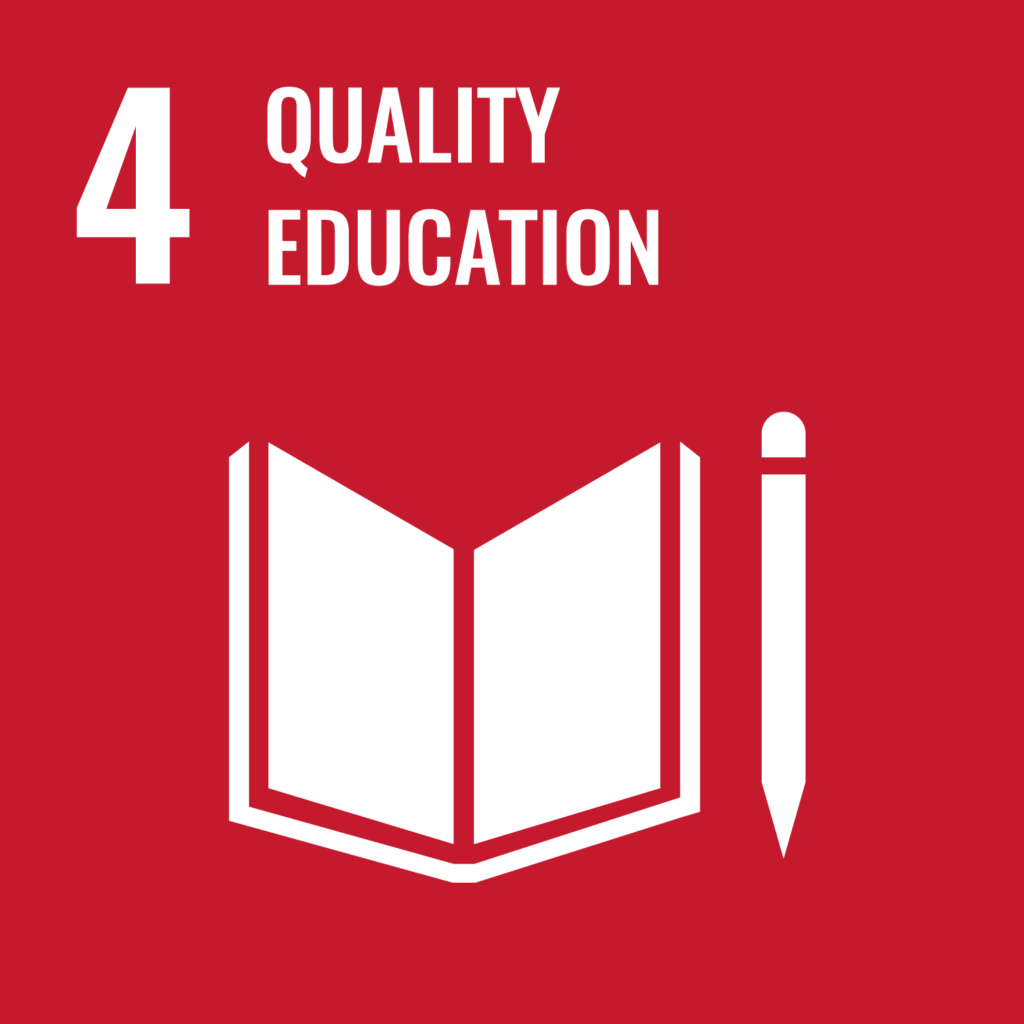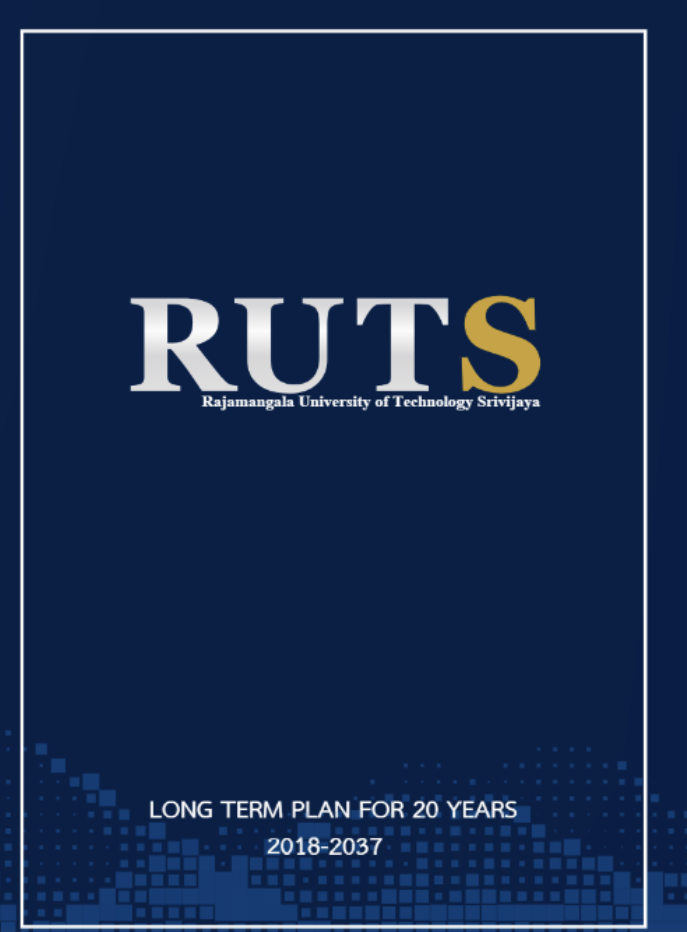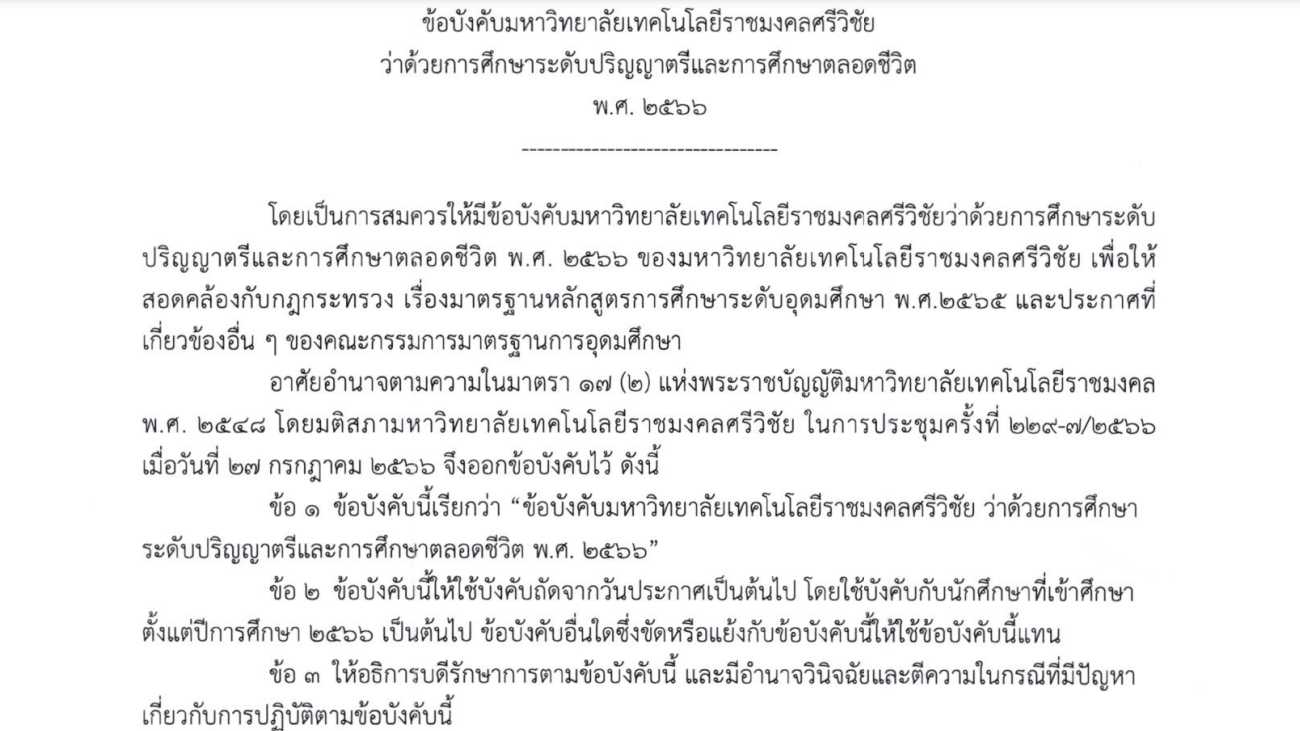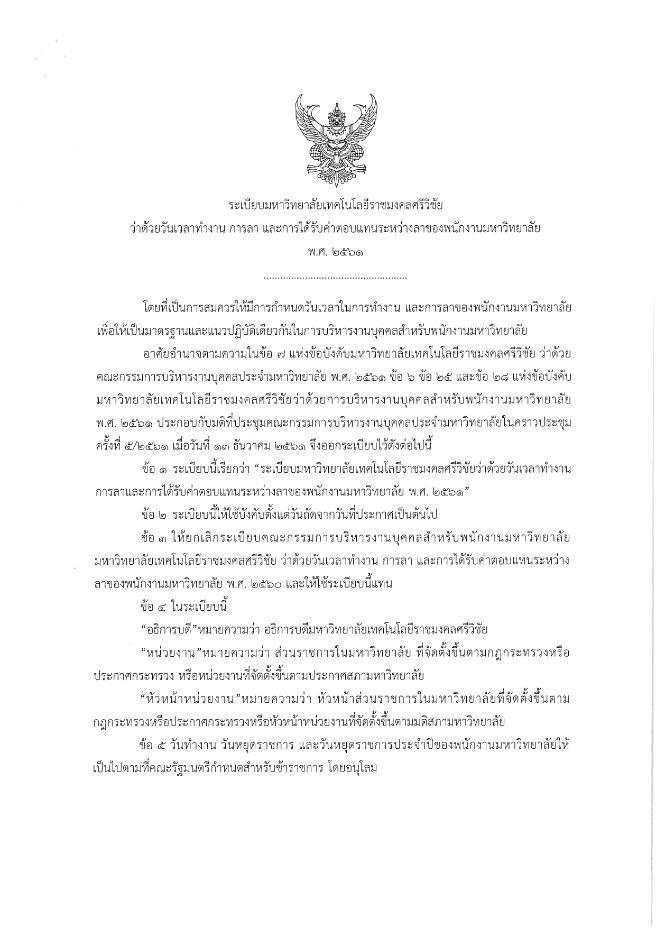Reporters: Asst.Prof.Chaiya Thanaphatsiri ,Asst.Prof.Kloyjai Krutjon ,MissNamfon Channual, Asst.Prof.Nasaporn Thammachot
Evidence Date: during 2023 Jan-Dec
Related SDGs:

Related Indicators: 4.3.1
Details:
1. Long-term University Development Strategic Plan for Promoting Lifelong Learning Opportunities for All
The university has devised a 20-year strategic plan (2018-2037) focusing on fostering lifelong learning opportunities for all groups, regardless of age, background, or socio-economic status. With the vision of becoming an “Innovation-Driven University for Society,” the strategic plan aims to enhance social and economic development at both regional and national levels by utilizing science, technology, and innovation to create a positive societal impact. This long-term plan also aims to develop a skilled workforce equipped with essential knowledge and competencies, thereby contributing to the country’s competitiveness on a global scale.
Key to this strategic plan is the university’s commitment to supporting both individuals within the formal education system and those outside it. Emphasizing inclusivity and equitable access to education, the university has created flexible learning formats to suit various needs, such as online courses, short-term vocational training, and access to academic resources like community libraries. Additionally, the university has opened its educational resources to the public, allowing individuals of all ages to explore knowledge, develop new skills, and engage in lifelong learning. This initiative ensures the university’s role as a center for sustainable learning, which not only prepares individuals for rapid global changes but also builds a foundation for a future-oriented, happy learning community that embraces inclusivity.
This strategic plan aligns with the university’s mission to create a learning ecosystem that fosters inclusivity, encourages innovation, and contributes to the growth and resilience of society, ultimately supporting the country’s ability to thrive within an increasingly interconnected world.


2. Policy on Equal Access to Lifelong Learning Opportunities for All
The university has implemented a policy designed to provide lifelong learning opportunities to individuals across all demographics, regardless of race, religion, social status, or physical ability. This policy aims to create an inclusive environment where people of all ages can enhance their knowledge and develop their potential through various forms of education, including formal, non-formal, and informal learning. The university also offers flexible learning options, such as self-directed study, short-term professional training, and open educational resources, to accommodate diverse interests, needs, and skill levels.
In support of this policy, the university has established regulations on undergraduate education and lifelong learning, which allow individuals to engage in self-paced learning aligned with their interests, readiness, and capabilities. These regulations promote outcome-based assessment through diverse learning experiences, including knowledge gained from people, personal experiences, social interactions, media, and other resources. To further enhance accessibility, the university provides resources such as libraries, digital learning platforms, and tailored services for people with disabilities or physical limitations. Additionally, the university has developed guides and training programs for using these resources, ensuring that individuals who need special assistance can access learning materials comfortably and equitably.
This policy underscores the university’s commitment to fostering a lifelong learning culture that empowers all individuals to pursue personal and professional growth, thereby advancing educational equity and inclusivity in the broader community.

2.1 Open Online Courses for All
Rajamangala University of Technology Srivijaya (RUTS) has developed and launched a variety of online courses to cater to the public’s growing demand for self-development in modern times. These courses cover diverse fields, such as Healthy Food Entrepreneurship, Camp Management, Stock Photography for the Tourism Industry, and Community Tour Guiding. Designed for accessibility, these courses are open to all individuals, free of charge, with no restrictions on age or social status, ensuring equal opportunities for everyone to pursue education. The course materials are presented in an easily understandable format, with lessons broken down into smaller modules, allowing learners to progress at their own pace. The courses can be accessed via computer or mobile devices, enhancing convenience and accessibility.
Moreover, these courses align with current labor market demands, such as skills required in the tourism industry and essential digital skills across multiple professions. They also cover personal finance management skills, aiding learners in life planning and enhancing job opportunities. By offering these courses, RMUTSV supports individuals from all backgrounds in developing practical skills for daily life and increasing their employability in the future. These offerings are part of the university’s strategic commitment to lifelong learning services, free from financial burdens or other barriers, thus empowering the public to acquire essential skills for professional and personal growth.




